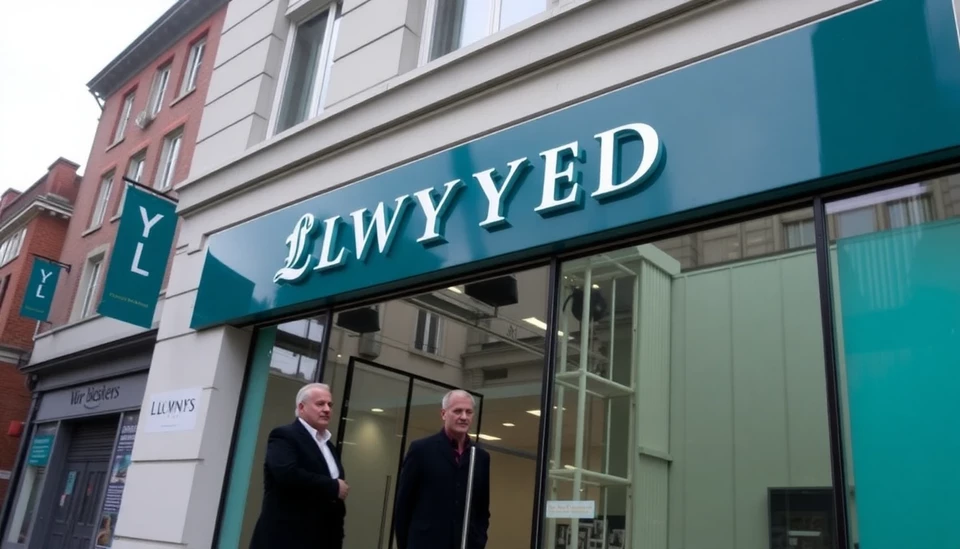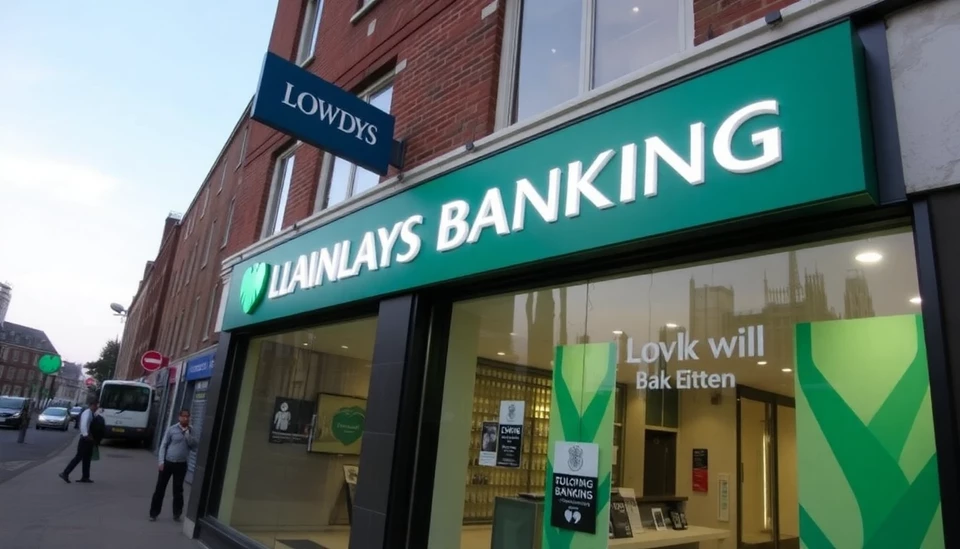
In a cautionary statement that has captured the attention of investors and analysts alike, Lloyds Banking Group CEO Charlie Nunn has raised concerns about the ramifications of the ongoing car finance saga on the broader UK banking landscape. This development comes as an increasing number of revelations surrounding various automotive financing practices emerge, casting a shadow over the integrity of the financial systems in question.
Nunn's comments reflect a growing unease within the banking industry, as the fallout from the car finance issues poses significant challenges for UK banks, potentially affecting their attractiveness as investment opportunities. The CEO highlighted that the persistent controversy is creating a climate of uncertainty, hindering investor confidence and consequently making UK banks less viable for investment.
As legal scrutiny intensifies and regulatory bodies delve deeper into the practices surrounding car financing, concerns over compliance and ethical lending are taking center stage. Nunn articulated that the implications of this protracted investigation could roll back the financial stability that UK banks have worked tirelessly to foster in recent years.
In addition to the immediate financial implications, the car finance saga is also likely to erode public trust in financial services. With a growing number of customers calling for transparency and accountability, banks could find themselves facing an uphill battle to regain consumer confidence, particularly if they are implicated in any wrongdoing or unethical practices.
The CEO's warnings align with a broader sentiment within the financial community regarding the fragile state of investor trust in the UK's banking sector. Analysts have noted that unless concrete steps are taken to address the underlying issues of transparency and regulatory compliance, the potential for diminished investment appeal will continue to loom.
This scenario is exacerbated by a landscape in which consumer habits are increasingly influenced by ethical considerations. Today's consumers are more informed and likely to hold brands to higher standards, which could lead to further reputational damages for banks perceived to be involved in controversial practices.
As Lloyds navigates these troubled waters, the hope remains that effective regulatory responses will emerge, ultimately aiming to restore both market stability and consumer trust. However, the road ahead may be fraught with complications as banks reassess their strategies in light of the ongoing challenges posed by the car finance scandal.
In conclusion, the worries expressed by Nunn highlight a delicate balance that banks must maintain in the face of scrutiny and shifting consumer expectations. If the sector is to emerge unscathed from this saga, it will require a concerted effort to regain investor and consumer trust, ensuring that ethical practices are firmly integrated into the foundation of the banking system.
In this rapidly evolving financial landscape, stakeholders keenly await the forthcoming developments as the car finance saga continues to unfold, with its implications reaching far beyond individual institutions and affecting the entire UK banking ecosystem.
#Lloyds #Banking #CarFinance #CharlieNunn #UKBanks #Finance #Investment #RegulatoryCompliance #ConsumerTrust #FinancialStability
Author: Samuel Brooks




